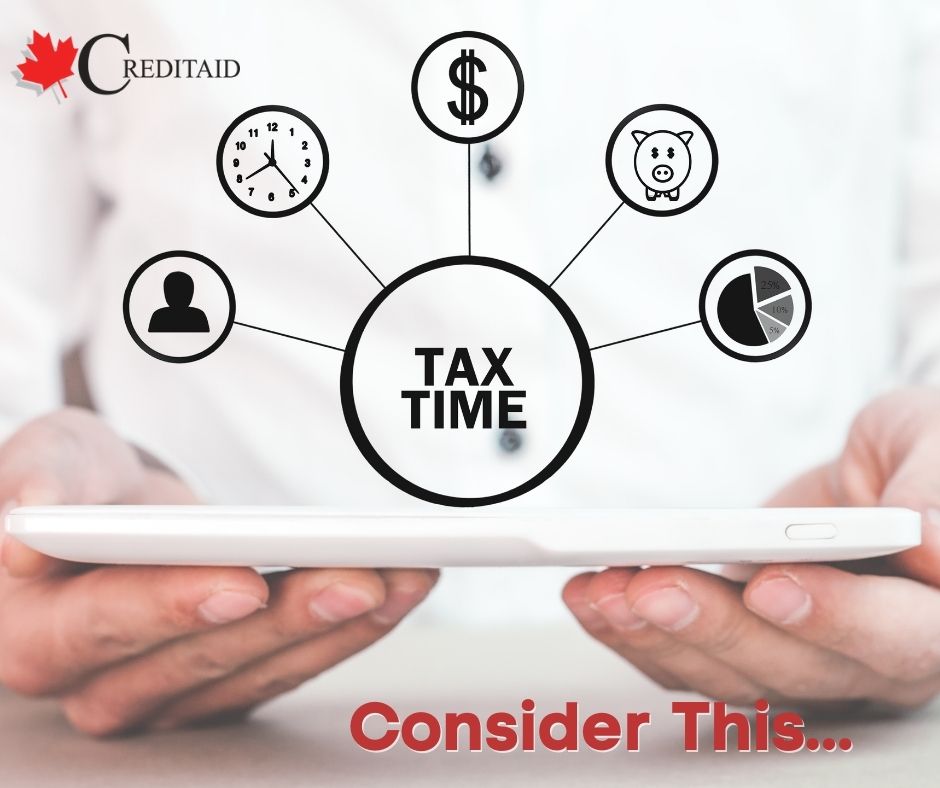In a society that often stigmatizes debt and financial struggles, it’s important to remember that seeking debt help is not a sign of failure or weakness. On the contrary, reaching out for assistance takes immense courage and strength. At Creditaid, we believe that debunking the stigma surrounding debt and understanding the true nature of seeking help can empower individuals to take control of their financial future. In this blog post, we aim to highlight why seeking debt help is a courageous step and how it can lead to a brighter and more secure tomorrow.
- Acknowledging the Need for Help:
The first step in any journey to financial freedom is acknowledging the need for assistance. It takes courage to confront the reality of your debt situation and admit that you require professional guidance. Recognizing that you can’t do it all on your own is not a sign of weakness but rather a testament to your strength in facing challenges head-on. - Overcoming Shame and Guilt:
Debt often carries a heavy emotional burden, accompanied by feelings of shame and guilt. Society has ingrained in us that financial struggles are a personal failing, but this couldn’t be further from the truth. Seeking debt help means overcoming these negative emotions and understanding that financial difficulties can happen to anyone. It is a courageous act of self-compassion to let go of shame and guilt and focus on finding solutions. - Embracing Vulnerability:
Asking for help requires vulnerability. It means opening up about your financial situation and allowing others to see your struggles. However, vulnerability should never be equated with weakness. In fact, it takes great strength to be vulnerable and to trust that others can provide the support and guidance you need. By embracing vulnerability, you create space for personal growth and positive change. - Taking Control of Your Financial Future:
Seeking debt help is a proactive step towards taking control of your financial future. It demonstrates your commitment to improving your circumstances and achieving long-term financial stability. Instead of allowing debt to define you, you are choosing to regain control and shape a better future for yourself and your loved ones. This decision is an act of self-empowerment and a testament to your resilience. - Gaining a Supportive Network:
One of the most valuable aspects of seeking debt help is gaining access to a supportive network. At Creditaid, we understand the challenges you face and provide a compassionate and caring environment. Our expert team is dedicated to assisting you every step of the way, providing personalized solutions and empowering you to make informed financial decisions. Remember, you are not alone in this journey, and seeking help opens doors to support and guidance.
Seeking debt help is far from a sign of weakness or failure. It is a courageous step that requires strength, self-awareness, and a commitment to your financial well-being. At Creditaid, we encourage individuals to overcome the stigma surrounding debt and embrace the opportunity to take control of their financial future.










